How Google hesitated on moving forward with AI powered search
3 min. read
Published on
Read our disclosure page to find out how can you help Windows Report sustain the editorial team. Read more
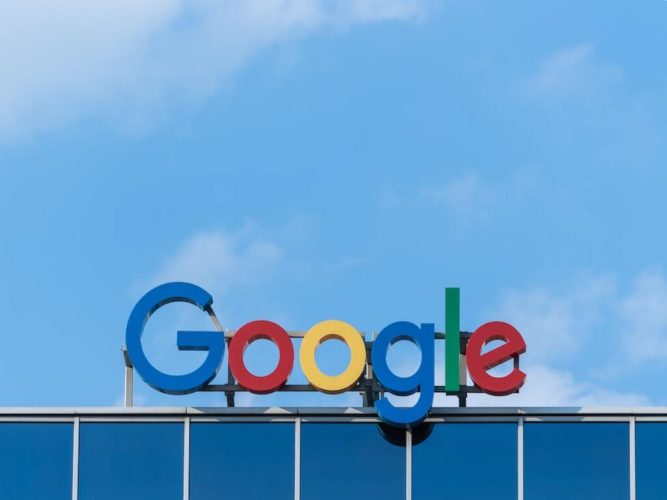
Shortly after taking up the role of CEO of Google in 2016, Sundar Pichai declared that from then on, Google – which was worldwide known for its search engine – would become the AI-First company.
The statement was made at the Google I/O developer conference and was one of the first moves for Pichai after assuming the top-dog position at the company. Two years earlier, Amazon surprised Google by launching its voice assistant Alexa, which quickly became a household name. While this constituted a major coup for Amazon, it was very disheartening for Google to witness, according to the Wall St Journal report. At the conference that followed, Google released its competitor, Google Assistant, as Pichai straddled the initiative to focus more on the development of helpful AI.
Today, in a similar situation, Google has been once again beaten to market in a space they should have dominated. However, this time the challenge has come from OpenAI, a much smaller San Francisco startup, not a tech giant like Amazon. ChatGPT, a bot that can write on almost any subject as if generated by a human, was unveiled in November and has captured the public’s attention. Its development relies upon a technological breakthrough pioneered by Google several years ago. This is significant because, two years before, Google had presented LaMDA, another similar technological advancement.
The outlook is not encouraging for Google as its primary competitor, Microsoft, is providing a significant financial investment of $10 billion towards OpenAI, and has released a new version of Bing that has Artificial Intelligence chat features that surpass those of ChatGPT—which may have far-reaching implications for the future of online search.
Google has built a reputation for being more conservative when it comes to its AI endeavors, a legacy forged over the years by the debates over the bias and accuracy of its systems and the termination of a staff member who asserted its AI had achieved sentience in the previous year.
Executives faced heightened trepidation regarding the potential backlash that a public display of AI products might incur because of past episodes. This fear was amplified due to the significant amount of revenue generated by Alphabet Inc’s search-advertising business; they yielded almost $283 billion in revenue in the past year.
Without question, Google failed to capitalize on the market in which it should have had a commanding lead. As a way to rectify the situation, the firm launched Bard, its artificial intelligence chatbot. Unfortunately, the endeavor proved to be unsuccessful, with the bot supplying incorrect answers in its initial launch and causing Google a total loss of $100 million.
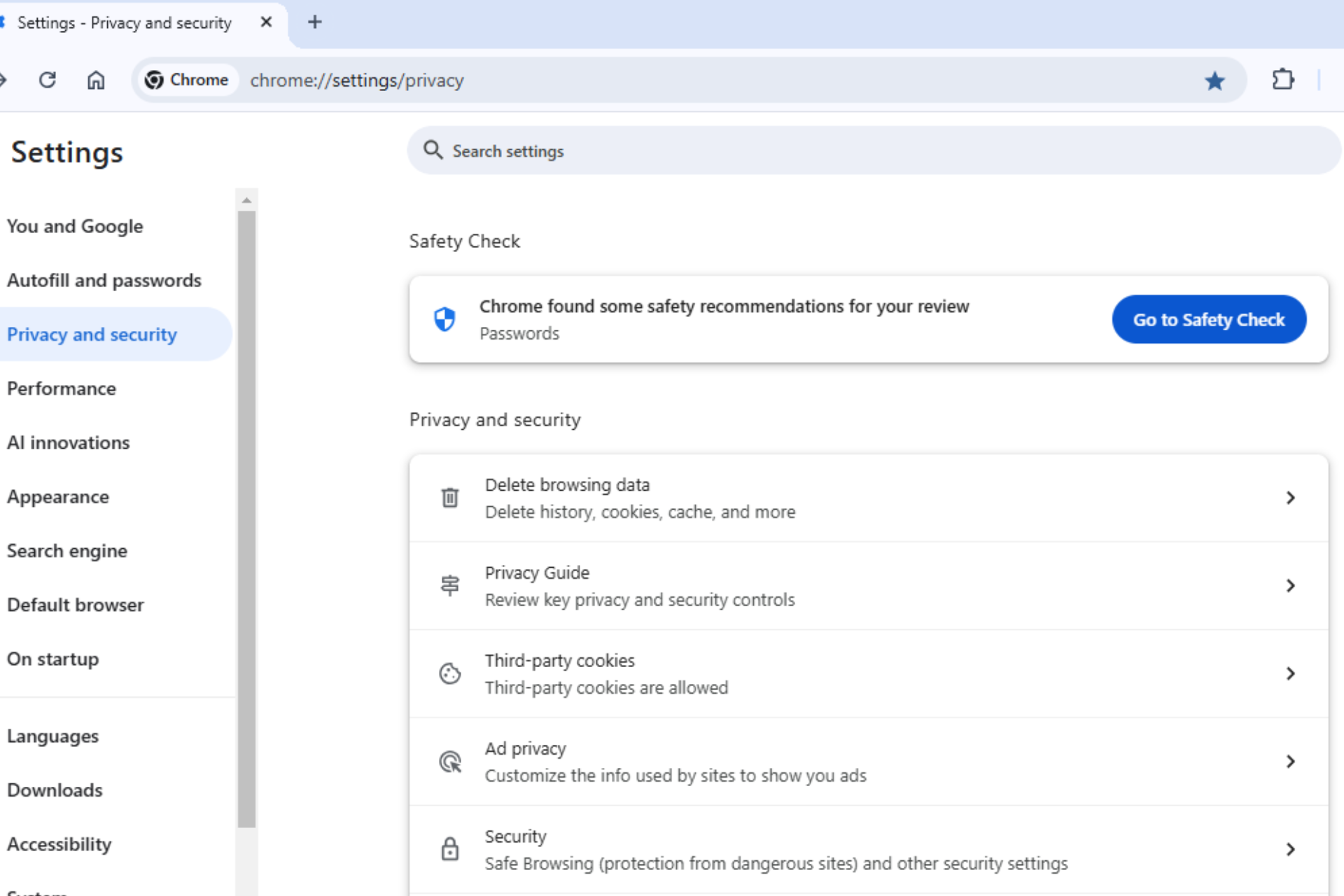
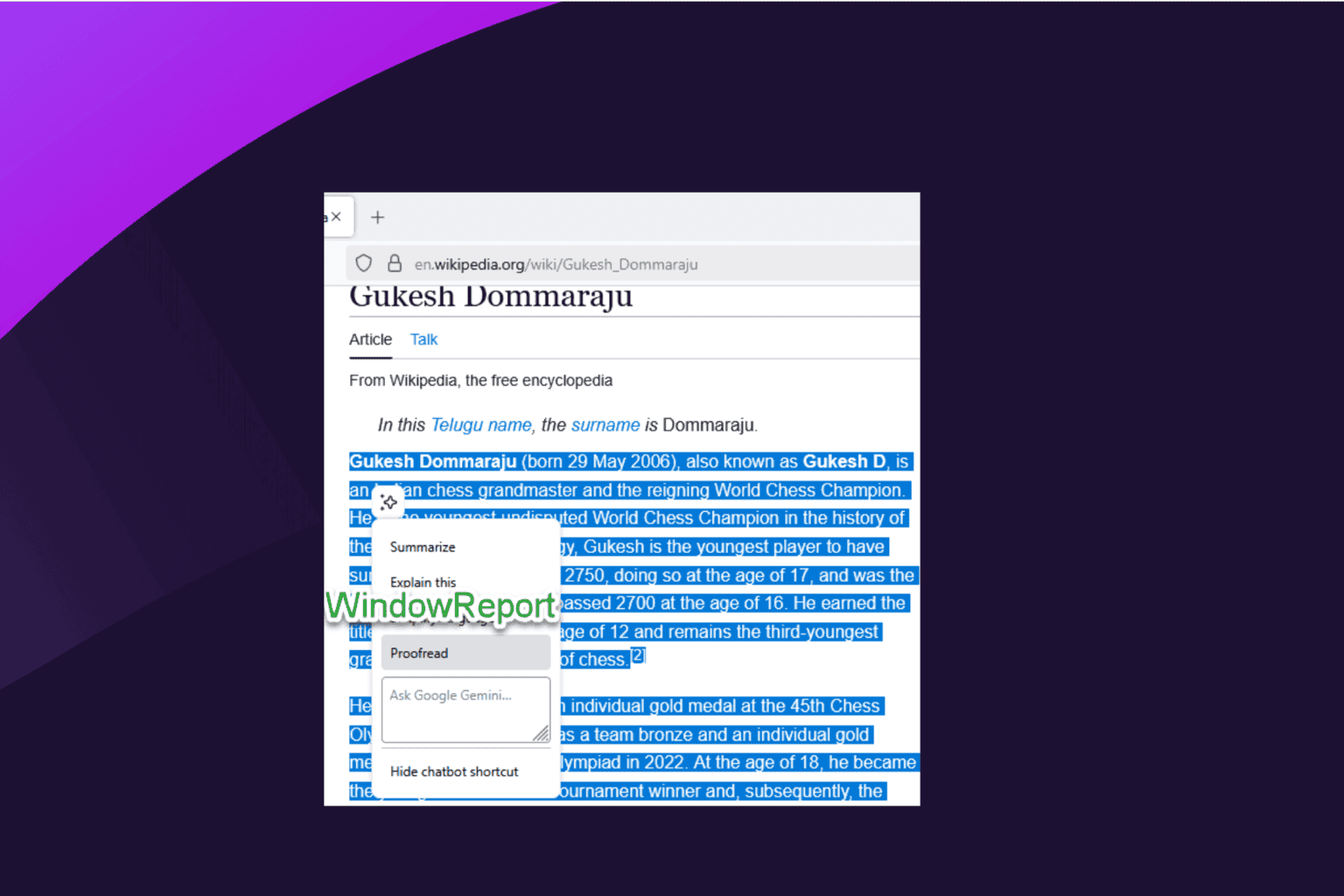
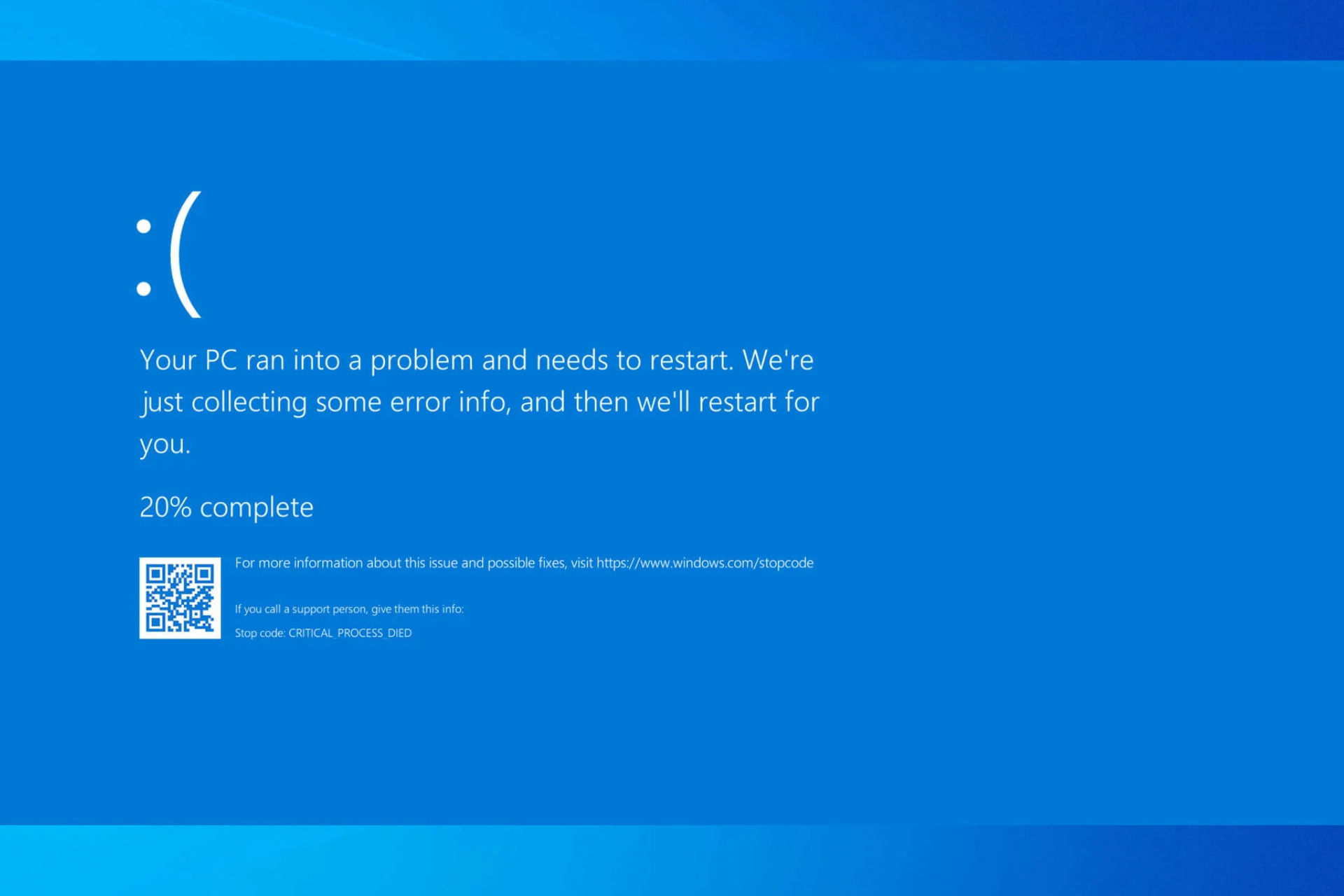
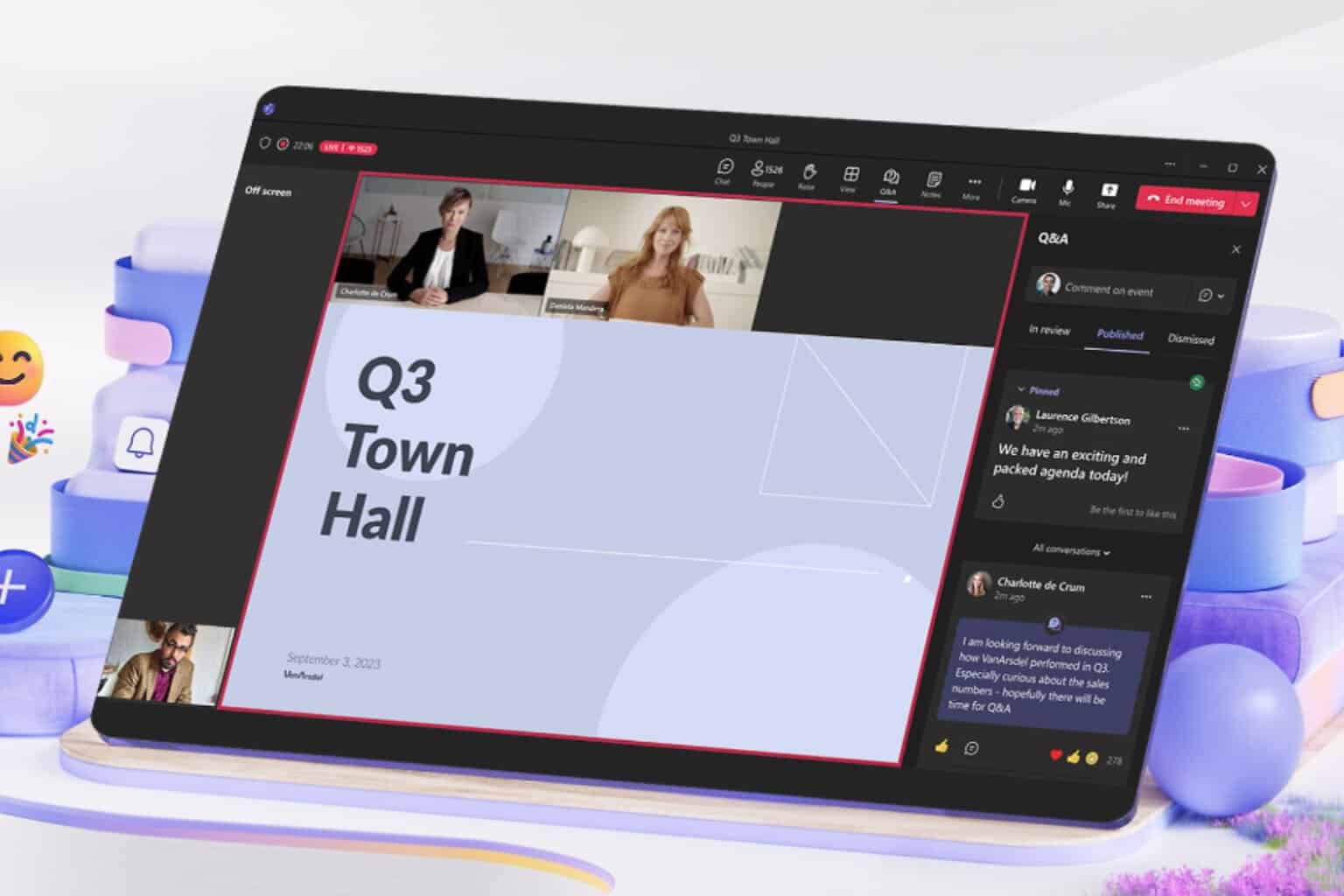




User forum
0 messages